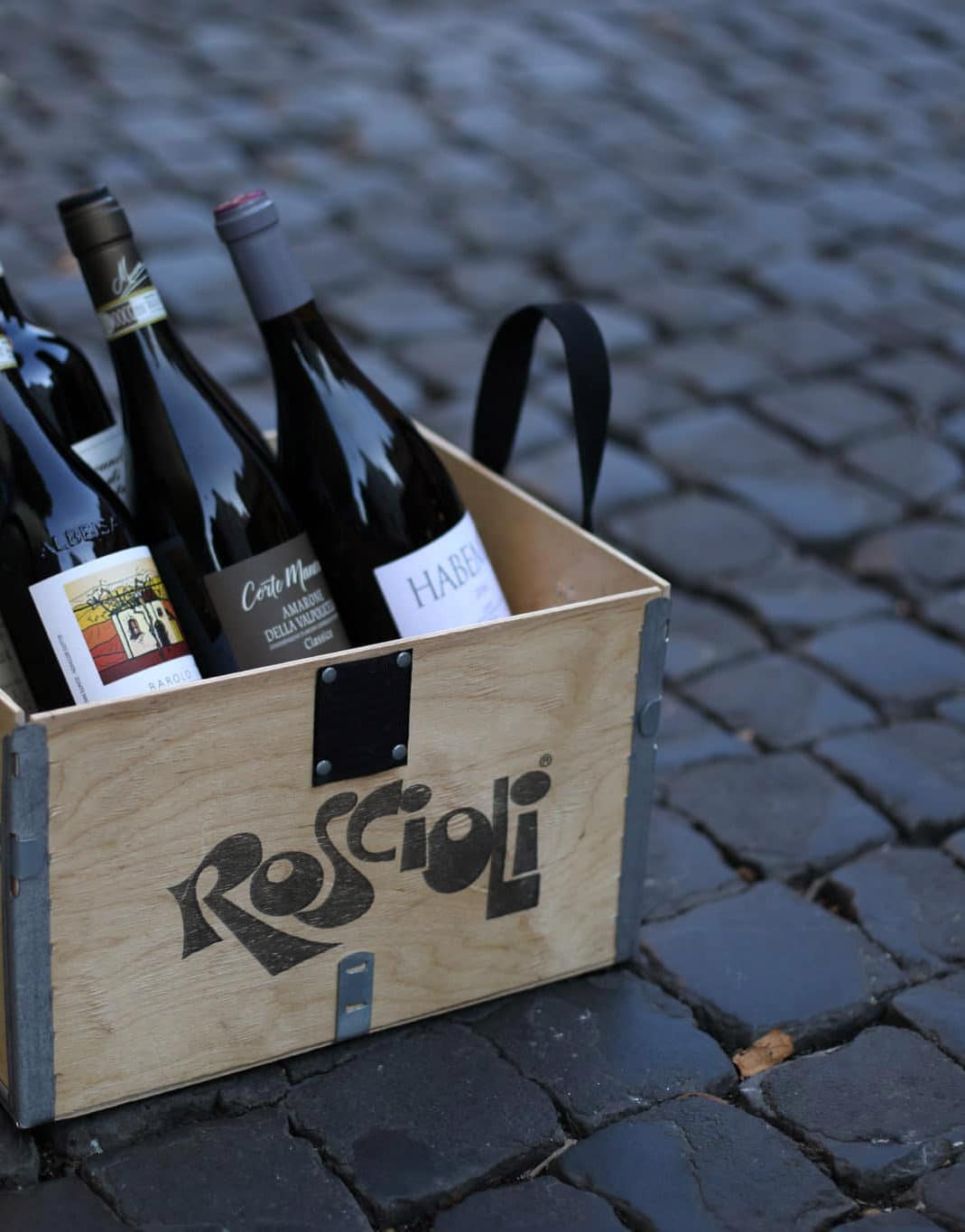Essenza, Vincenzo Nardone
Tip: You can enable subtitles using the CC icon along bottom of the video player.
Grape
100% Greco Bianco
Drinking Window
Ready or drink by 2028
Region
Venticano, Campania
Pairings
Grilled swordfish steak, mixed vegetable pie,
roasted poultry, aged cheeses,
orecchiette with cime di rapa (broccoli rabe) and chili flakes
Regional Recipe
Winemaker Notes
Essenza is a distinctive expression of the Greco Bianco grape, cultivated in the esteemed vineyards of Venticano. The winemaking process embraces natural methodologies, with spontaneous fermentation occurring in stainless steel tanks. The wine is neither filtered nor clarified, preserving its authentic character. Notably, since 2015, no sulfur dioxide (SO₂) has been added during production. This approach results in a wine that exhibits a golden hue with amber nuances, releasing complex aromas of dried apricot, honey, and subtle herbal notes. The palate is rich and textured, balanced by a vibrant acidity and a lingering finish. Serve at 12-14°C (54-57°F).
*Note: Due to the natural winemaking process, slight sediment may be present in the bottle. This is a normal characteristic and does not affect the wine's quality.*
The Story
I asked Pupo 'El Machico' Nardone to take me around in the car, to explain everything to me, describe the landscape, the areas, the production areas. From medieval castles to recent post-earthquake, poor concrete constructions.
From here begins southern Italy. They call it Mezzogiorno. The place of colors, rural and peasant cultures, family traditions, Mediterranean esprit. The place of the Camorra, mafias, archaisms and complaints. The South is eternally dependent on requests for help, on emigration, on the insufficiency of a state that helps and takes away. A culture of dissatisfaction, of precariousness. Outside the postcards of the Naples seafront and the Amalfi coast you arrive, going southwest in the hinterland of Campania, in Irpinia. At the beginning an anonymous landscape, of hairless and bumpy hills, an urban planning without logic, the houses piled up like lumps of improvised concrete, then abandoned woods, again hills burned with willfulness, some vineyards, commercial streets with ruined luminous signs. Some medieval ruins in the background. This land needs someone who explains it and who in telling it gives us a key to reading. Lindsay sitting next to me in the car is disoriented. She looks for the Italian landscapes to photograph, the fortresses and medieval villages to tell on our social pages, but she sees only a disjointed semi-urbanity without a recognizable history.
It is in these moments that I understand the role and power of wine and its artisans. Not all of course, indeed very few of the thousands of liters and more or less industrial producers who sell a false idea of Italy and tradition. The few who know how to tell their landscape and their history are those who also know how to revive it. Pupo 'El Machico' is one of them. A naive and profound philosopher. Married to an American from Los Angeles he's the emblem of the enlightened, missionary farmer. He is aware of the thousand contradictions and frustrations that surround him, of the false myths, of the false stories that spread the idea of Aglianico wine. A name about which we talk a lot but little is known. Hostage of the feudal legacy of 2 or 3 companies that make only critical mass and crush the small producers who live and produce under the 'castle'.
Thus, says Pupo, of the more than 300 producers there are perhaps 4-5 who work the vineyard with awareness. They try to bring out all its potential and features. All its territoriality. An apparently trivial principle. 'I have some vineyards and I make a wine that tells it, that has the flavor of the place it comes from. But so, in the vast majority of Italy and the world, it is not. Because we prefer the shortcut of synthetic products, capable of giving us wines that are always clean, perfect, homologated and non-identifying'. They mimic industrialists using chemical fertilizers and synthetic fertilizers and then retire to terraced houses, pale imitations of the American homes they see in television programs on their giant plasma screens.
That's why even just driving around with Pupo helps us to understand, to discover a landscape which at first was apparently anonymous, but then turning behind a hill we discover an abandoned medieval castle, at the end of a road an 80-year-old vineyard and we understand a lot of things even listening to the story of Sarah Pompei, American wife of Pupo (guessed from the surname her Italian origin). How on the first day she arrived from Los Angeles, leaving an executive job in a multinational company, she immediately felt at home. She tells us that what struck her was the human factor, the relationships, the value that locals give to feeling part of a community, the rites of passage in making tomato sauce, the thousands of flavors and smells. The work in the vineyard, the harvest in groups, being together, with little to create the Aglianico di Taurasi Madama Colonna. Everything a manager of a Los Angeles multinational needed. Thus, wine, for those who know how to do it and tell it with soul and awareness, takes on the role of a carrier of stories and feelings. It becomes the lubricant of our emotions, and explains, in some way, why we are in the world and what we like to do.
 SEI IN ITALIA? CLICCA QUI
SEI IN ITALIA? CLICCA QUI 
